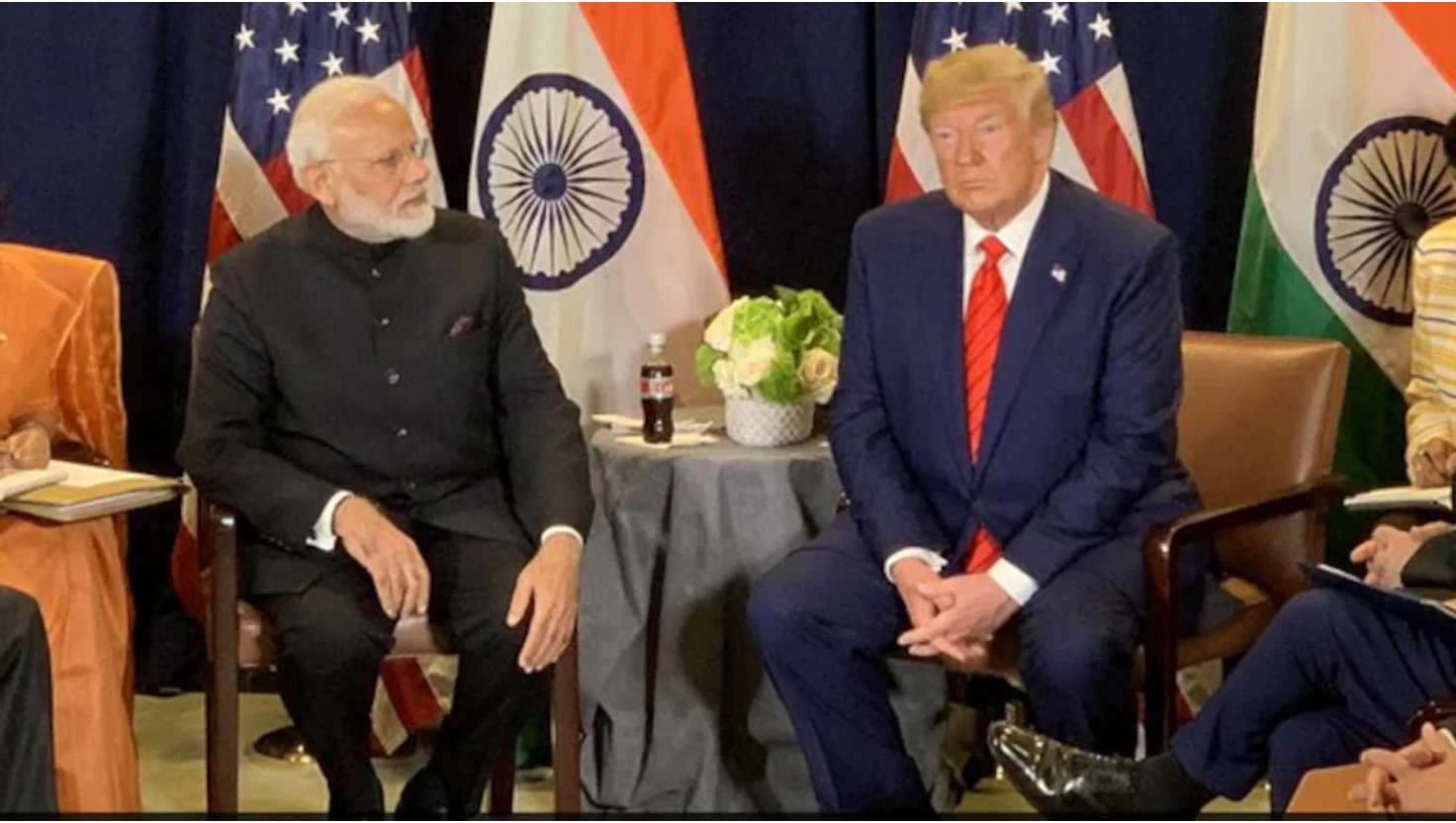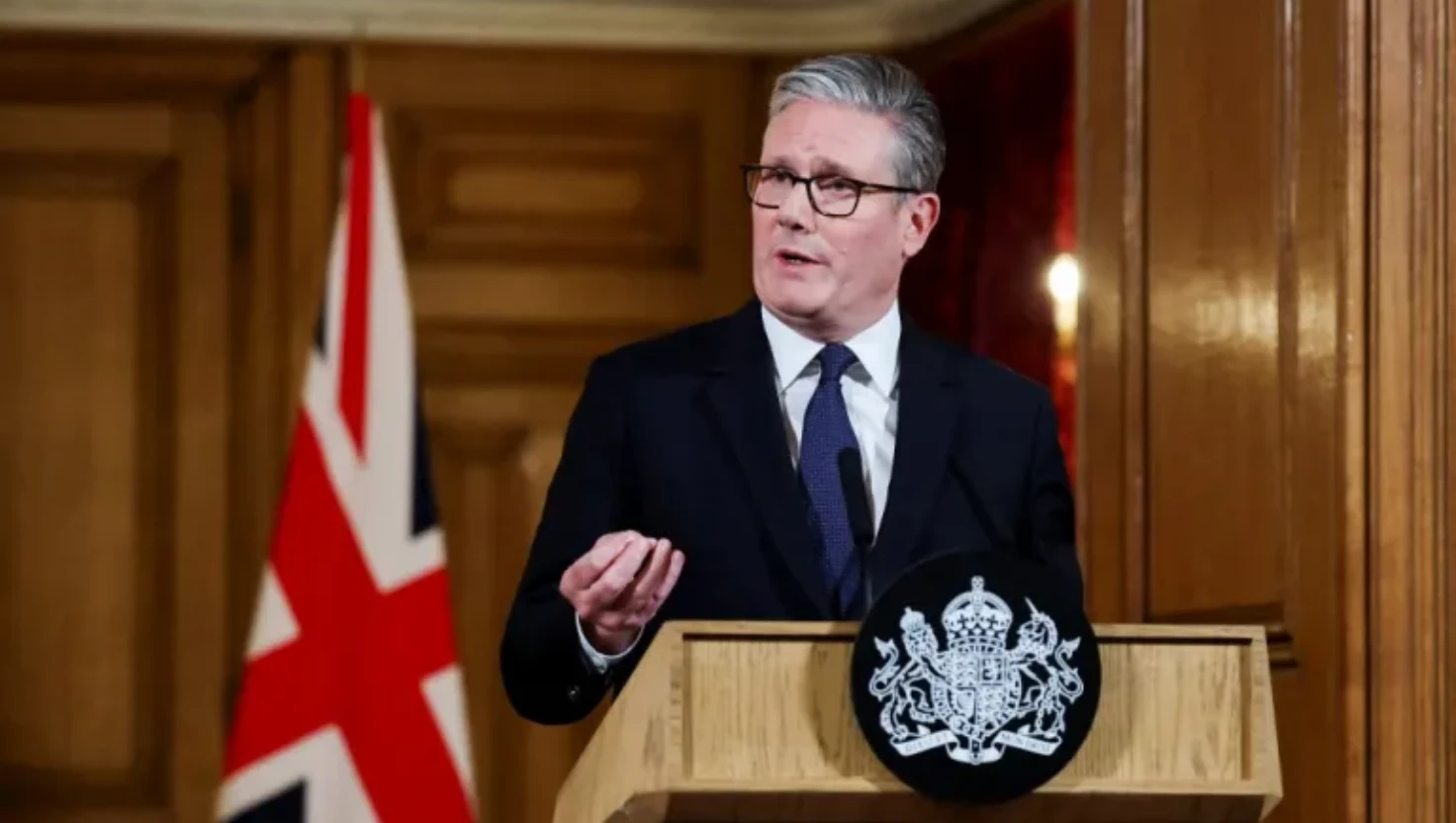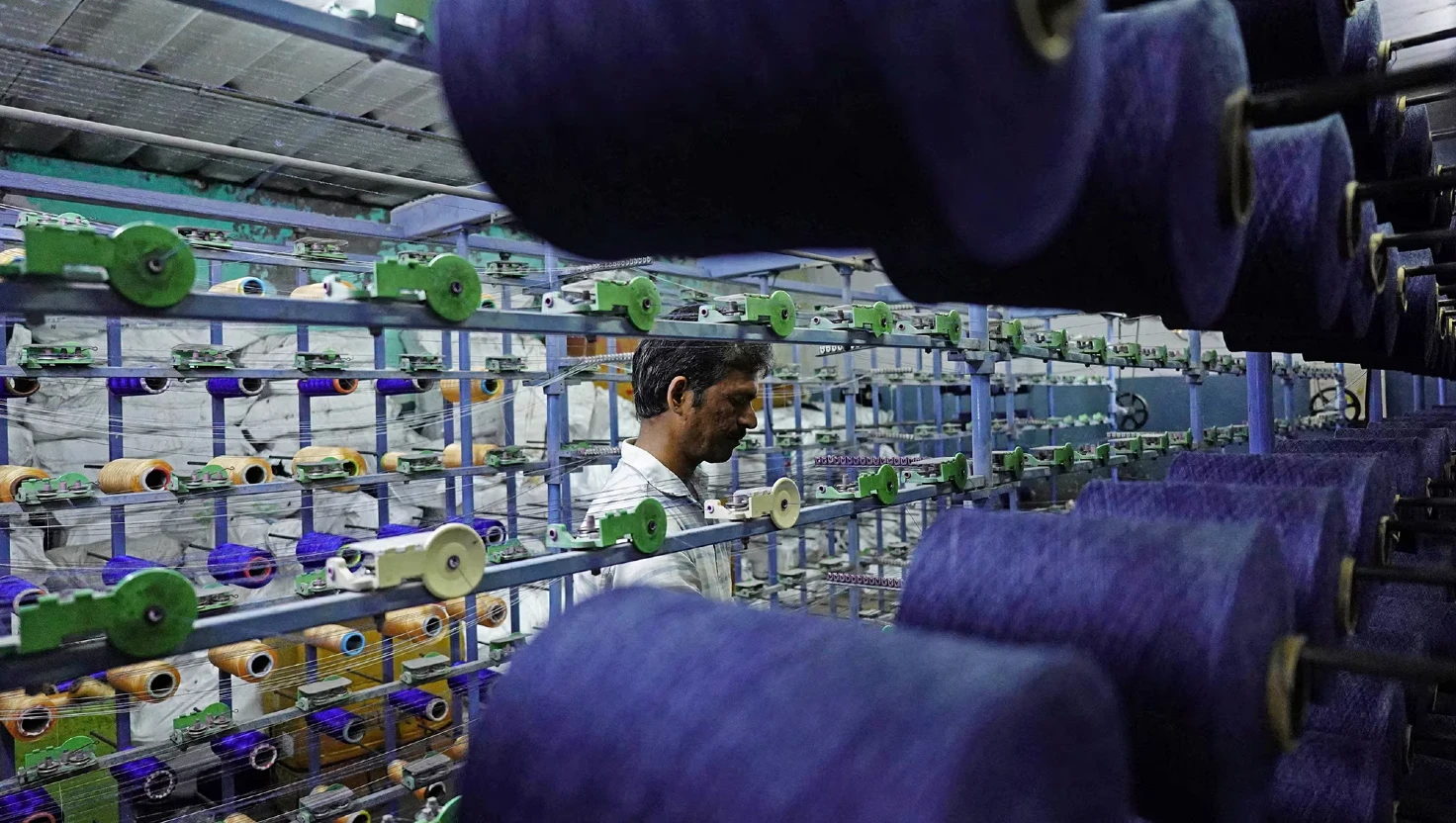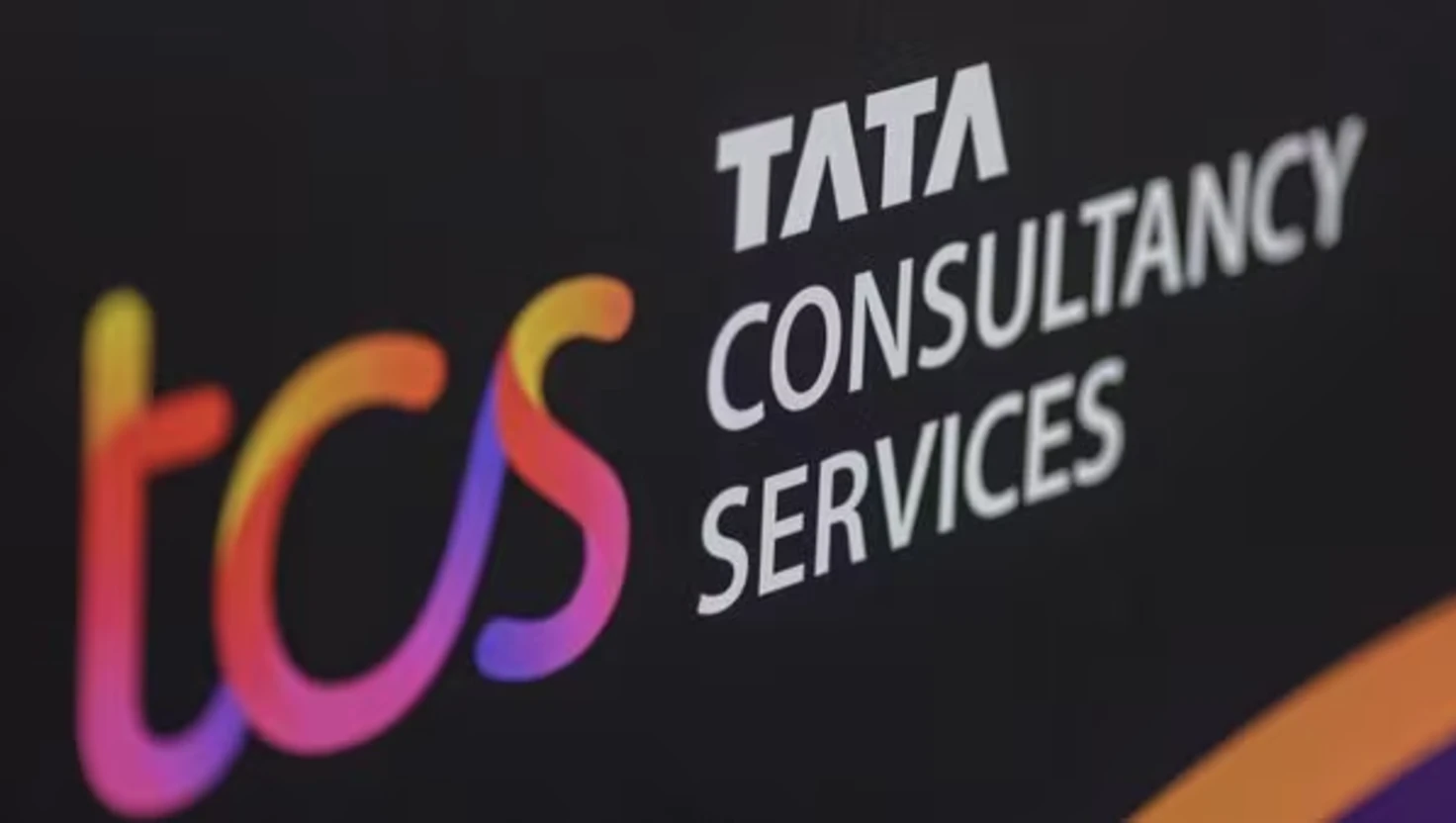India 'studying' US President Trump's 25% tariff threat

India 'studying' US President Trump's 25% tariff threat
India's government vows to protect national interests following US President Trump's announcement of new tariffs on Indian goods.
In response to United States President Donald Trump's unexpected declaration of a 25% tariff on goods exported from India to the US, the Indian government has stated it is evaluating the impact of this decision while pledging to safeguard its national interests. The announcement, which also includes a 'penalty' related to India's oil imports from Russia, was met with a careful statement from India's Ministry of Commerce and Industry.
Indian Government's Statement
The Ministry emphasised that negotiations on a trade deal between India and the US have been ongoing and said, "The Government has taken note of a statement by the US President on bilateral trade. The Government is studying its implications. We remain committed to that objective." This statement indicates India's determination to pursue a balanced and mutually beneficial trade agreement.
Highlighting the significance of protecting the welfare of farmers, entrepreneurs, and Micro, Small and Medium Enterprises (MSMEs), the Ministry referred to a recent free trade agreement with the United Kingdom, claiming it would take necessary actions similar to those enacted in past agreements.
Trump’s Rationale for Tariffs
President Trump characterised India as an ally while simultaneously criticising its trade practices. He highlighted concerns over India’s tariffs, describing them as excessively high, and accused New Delhi of maintaining non-monetary trade barriers. Additionally, he pointed to India's military acquisitions from Russia and its substantial oil purchases as reasons for the newly instituted penalties. In his post on social media, he stated, "India will therefore be paying a tariff of 25%, plus a penalty for the above, starting on August first." He also emphasised the importance of the trade deficit, stating, "We have a massive trade deficit with India!".
Wider Implications of Trade Relations
Some experts and officials in India have pushed back against Trump’s portrayal of India's trade barriers, arguing that his focus is narrow and ignores the broader economic relationship between the two countries. They assert that the US has gained immensely through services, investments, and educational ties with India and that this value is not reflected in goods trade alone. According to government data, India recorded a trade surplus of $41.18 billion with the US during the fiscal year 2024-25, while also noting the substantial revenue the US generates from various sectors, including education and defence.
Critics of the newly proposed tariffs have warned that such actions could disrupt robust trade in sectors like marine products, pharmaceuticals, and automobiles, significantly impacting bilateral relations.
Opposition Voices in India
The announcement has drawn sharp criticism from various political factions within India. Congress general secretary Jairam Ramesh challenged Prime Minister Narendra Modi to respond assertively to the US, invoking the strong stance of former Prime Minister Indira Gandhi. Ramesh pointed out that Modi's prior engagements with Trump did not yield the expected benefits, stating, "All that ‘taarif’ between him and ‘Howdy Modi’ has meant little." Furthermore, other opposition leaders voiced their discontent with the government's handling of the situation, calling for more transparency and legislative discussions.
Conclusion
As India navigates this challenging phase in US-India trade relations, officials are preparing for continued negotiations. A delegation from the US is expected to arrive in India for further discussions aimed at resolving contentious issues. Amidst the concerns over new tariffs, industry leaders express cautious optimism that constructive dialogue can lead to a positive outcome for both nations. The Indian negotiating team is poised to reassess its strategy to ensure that any agreement takes into account the unique needs of its domestic economy while maintaining a cooperative relationship with the United States.

UK to recognise Palestine in September unless Israel agrees ceasefire
UK Prime Minister Keir Starmer says Britain will recognise Palestine in September unless Israel agrees to a ceasefire and long-term peace framework.
| 2025-07-30

US President Trump threatens India with 25% tariffs
US President Donald Trump hints at significant tariffs on Indian goods if trade negotiations do not progress before August 1 deadline.
| 2025-07-30

India's Software Industry Faces Job Cuts Amid AI Transition
Tata Consultancy Services plans to lay off 12,000 employees as artificial intelligence reshapes India's software sector.
| 2025-07-29

Mastermind of Pahalgam Attack Killed in Jammu and Kashmir Operation
Indian security forces eliminate Suleiman Shah, mastermind of the Pahalgam attack, during a coordinated operation in Jammu and Kashmir.
| 2025-07-29

India's Shubman Gill and KL Rahul Set New Record in Fourth Test
Shubman Gill and KL Rahul break a longstanding 48-year record, uniting to save India in the fourth Test against England with impressive partnerships.
| 2025-07-27




